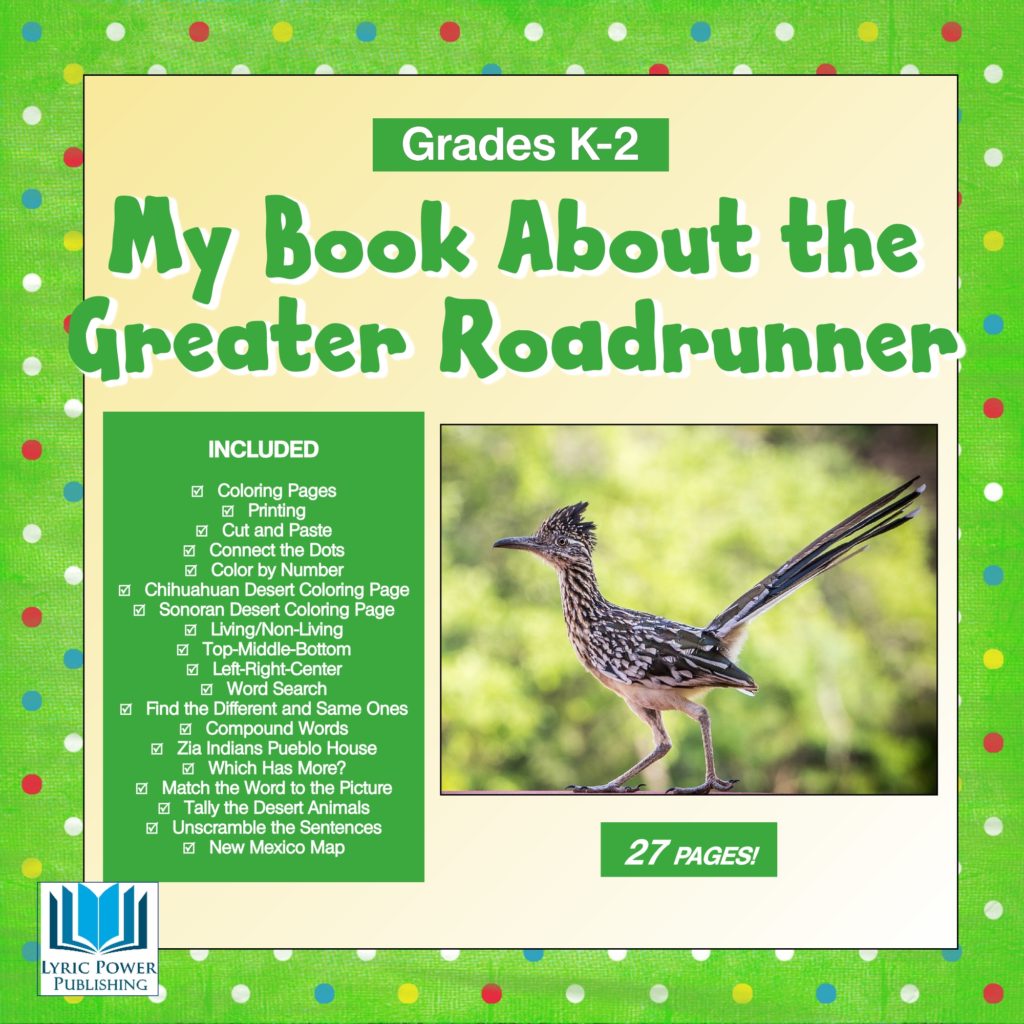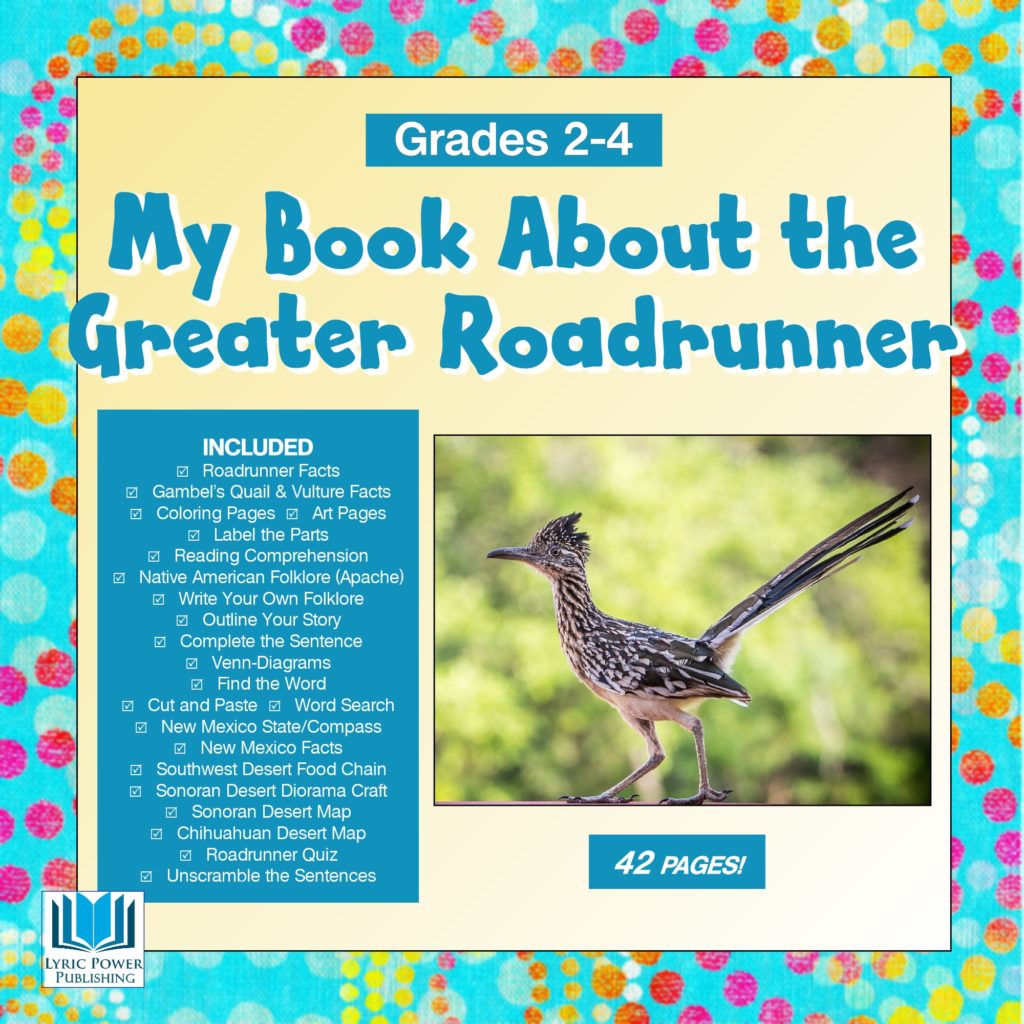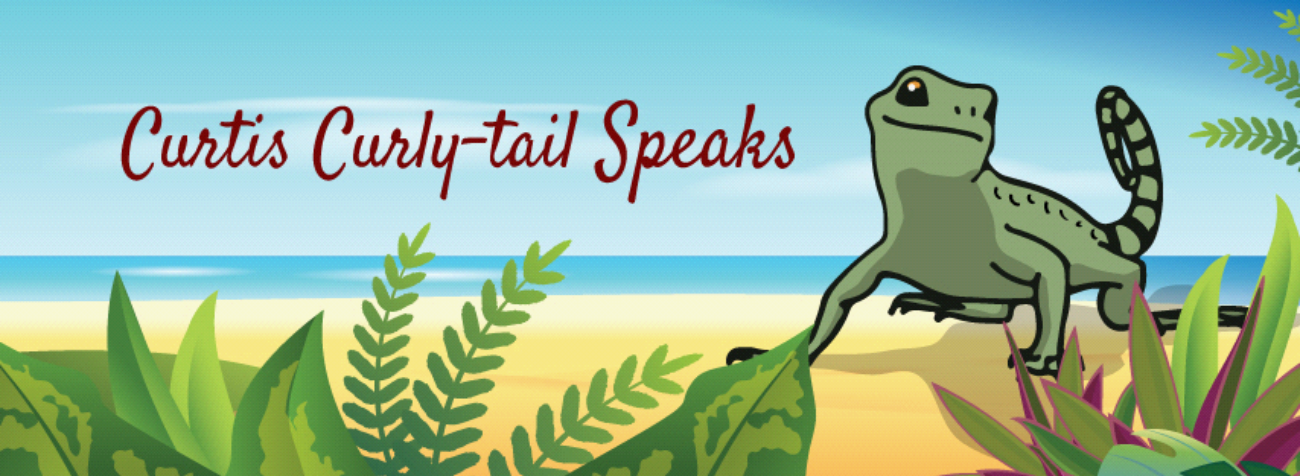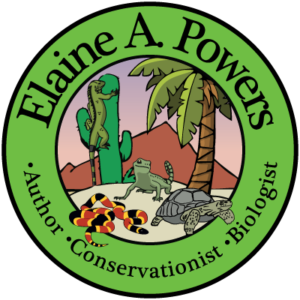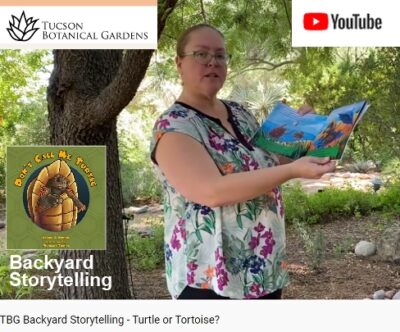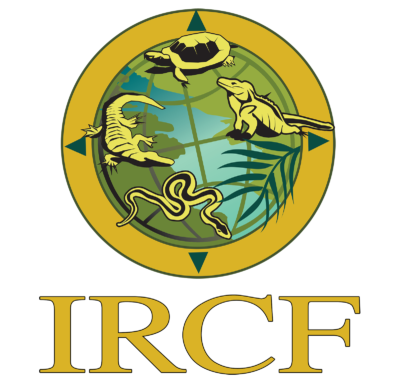The Origins of Animal Descriptors by Elaine A. Powers, Author

The other day I used the phrase, “That dog is looking sheepish.” It got me thinking about animals being used as descriptors. How did we decide what sheepish is? Sheepish refers to being embarrassed after doing something wrong or foolish. Do sheep feel embarrassed? I doubt it. When I looked the etymology up, an earlier meaning was related to the shy or fearful behavior of sheep.
I got curious and researched more of these expressions. Here are a few I found interesting. When someone gets your goat, it means they irritate you. This phrase comes from horseracing. Goats were used as companions for the thoroughbreds, helping to keep the high-strung horses calm. Opponents would steal the goat in order to upset the horse, so it wouldn’t run well in the race.
Calling someone pig-headed is an intentional insult, suggesting the person is stupid and stubborn. This is odd because pigs are rather intelligent animals. It’s suggested that people have a tendency to want to denigrate intelligent animals by saying they are stubborn. Yes, pigs can be stubborn, refusing to move when people want them to—but would you always move if someone was forcing you to? I think this phrase is insulting to both the person and the pig!
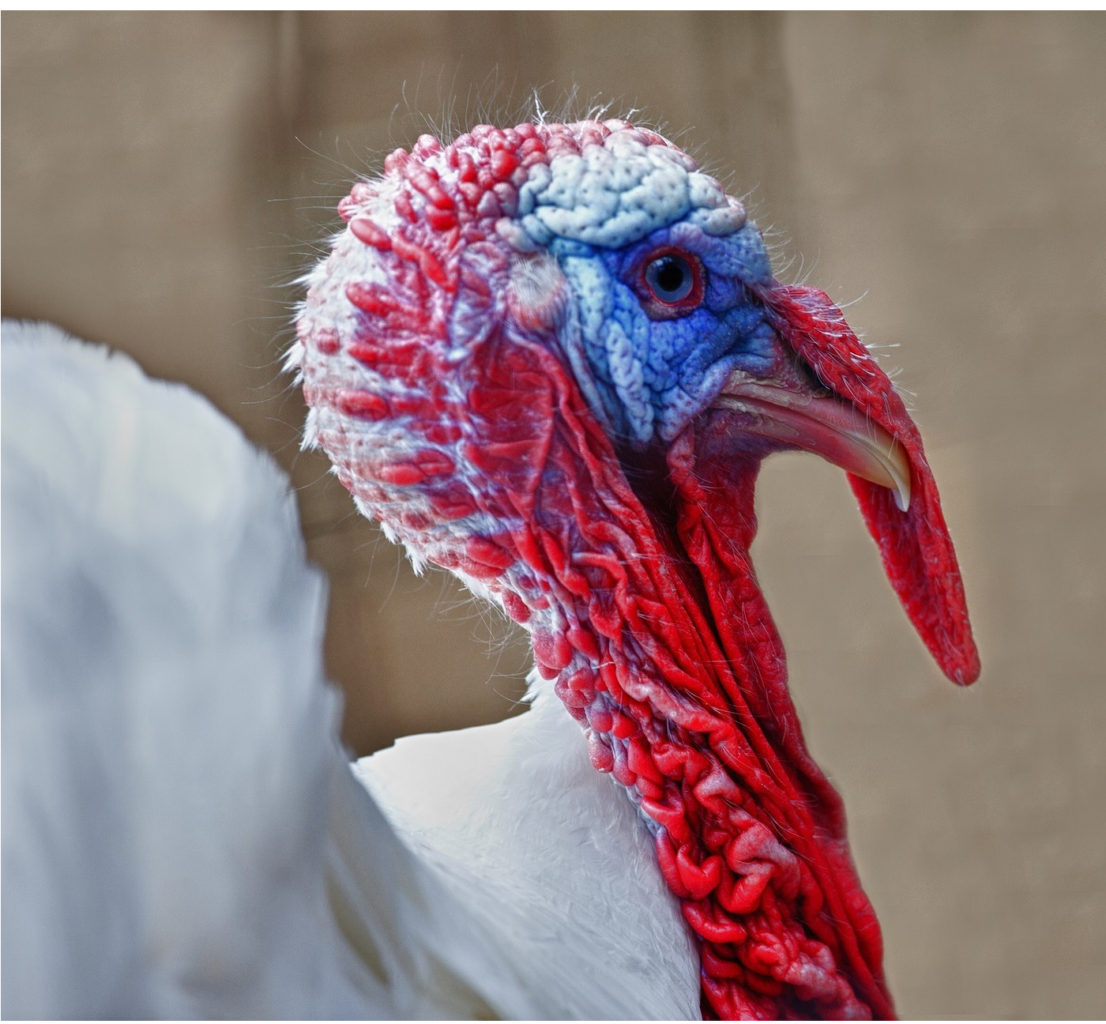
Another saying is commonly used in advertising: He quit cold turkey. It’s said when someone needs to stop a bad habit and decides to quit in one moment, instead of tapering off. How did a wild, warm-blooded bird become cold and acquire this meaning? The origin of this phrase is not clear, but two are suggested. The first is related to the look of a person’s skin when they are withdrawing from drugs they are addicted to: it is cold and bumpy, like a plucked turkey. Another possibility is that turkey is a relatively quick and easy dish to prepare, but that isn’t nearly as interesting an explanation.
The next time you find yourself using one of these phrases, stop and research where they came from. You will likely learn something about the animal, as well as history.
And for a fun time learning about animals, Lyric Power Publishing offers workbooks and activity sheets on a variety of creatures. We offer two workbooks about the Greater Roadrunner, one for Grades K-2 and the second for Grades 2-4. Thank you for stopping by. We hope you’ve enjoyed this post and will also enjoy and benefit from our workbooks.
To learn about our latest science-based children’s books and workbooks, to read our latest blog posts about reptiles, birds, cats, and gardening, in a variety of locations, and about how the books come to be, what inspires an author to write, and many more interesting aspects of the publishing business, fill in the box below and we will add you to our email list.
Thank you!
